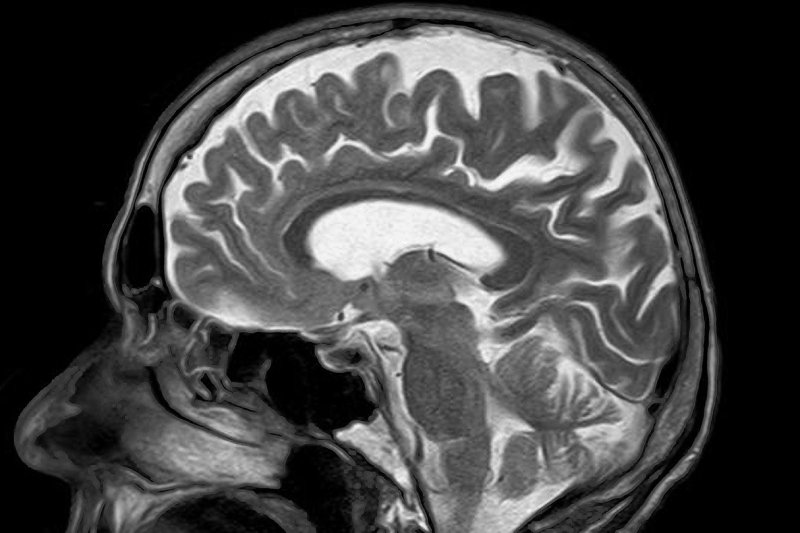Researchers at the University of Montreal have developed a tool parents can use to assess if their child has sustained a concussion. Photo by
toubibe/Pixabay
June 1 (UPI) -- Researchers from the University of Montreal have developed a new tool that could help detect concussions in children under age 5, according to a study published in the Journal of Head Trauma Rehabilitation.
Traumatic brain injury, or TBI, is common in young children, but parents and doctors have difficulty detecting the symptoms of trauma due to the child's limited verbal skills.
"A young child will not tell you that they have a headache or feel dizzy," study first author Dominique Dupont, an University of Montreal postdoctoral student in neuropsychology and first author of the study, said said Tuesday in a press release.
A team at the University of Montreal conducted research at CHU Sainte-Justine Children's Hospital, designed the tool to monitor and detect concussions in young children.
"In young children, many things are not yet permanently consolidated. So when a shock disrupts brain function, the response can be as damaging as in older children," University of Montreal neuropsychology professor and study co-author Miriam Beauchamp said in the release.
The tool itself is guided by reactions and symptoms observed in older patients such as headaches, memory loss, difficulty concentrating, hypersensitivity to light and noise, irritability, problems with balance or coordination, dizziness and sleep problems, according to researchers.
Due to the inability of younger children to express themselves verbally, questionnaires were used for the parents instead to guage such symptoms.
Parents for 98 children with injuries or concussions of different children age 0 to 8 were provided with questionnaires.
The questions included whether children were seeking additional comfort of some sort, as well as observations of behavior regression, such as potty training and sleeping through the night.
The report itself and the required observations were completed by the parents, and the results showed children under age 2 with a concussion had symptoms of sleep and comfort.
The researchers hope to continue to research and implement new tools to detect concussions in young children, so that in the near future it can be transferred to clinical use.
Dr. Christina Master, a sports medicine pediatrician at Children's Hospital of Philadelphia, with her team of researchers worked on a study involving more than 1,500 patients with concussions aged 5-11 years.
Last year researchers at Children's Hospital of Philadelphia found vision and balance problems are more likely to manifest in young children who sustain concussions.















